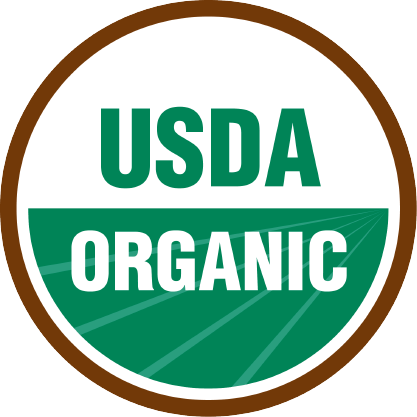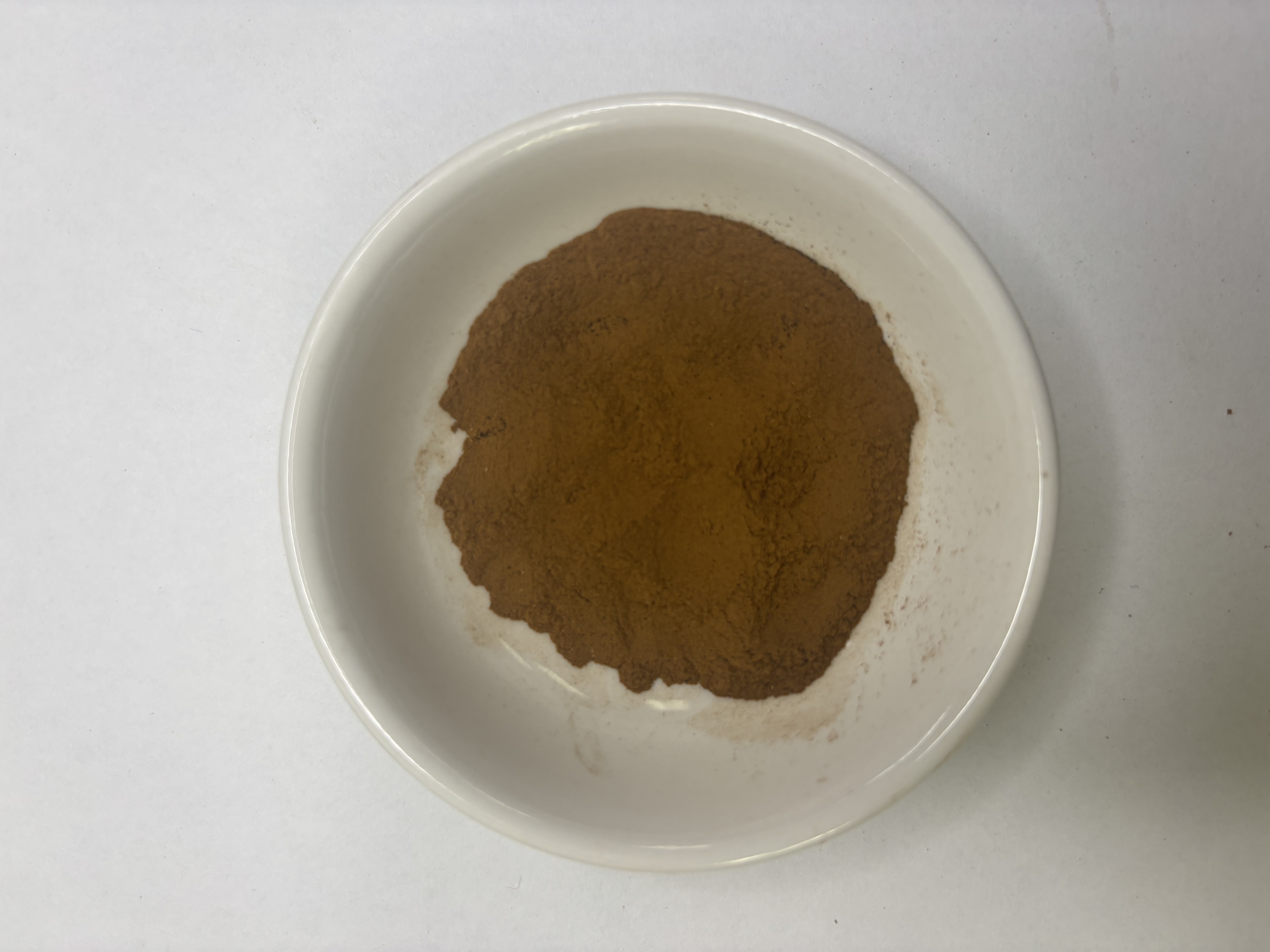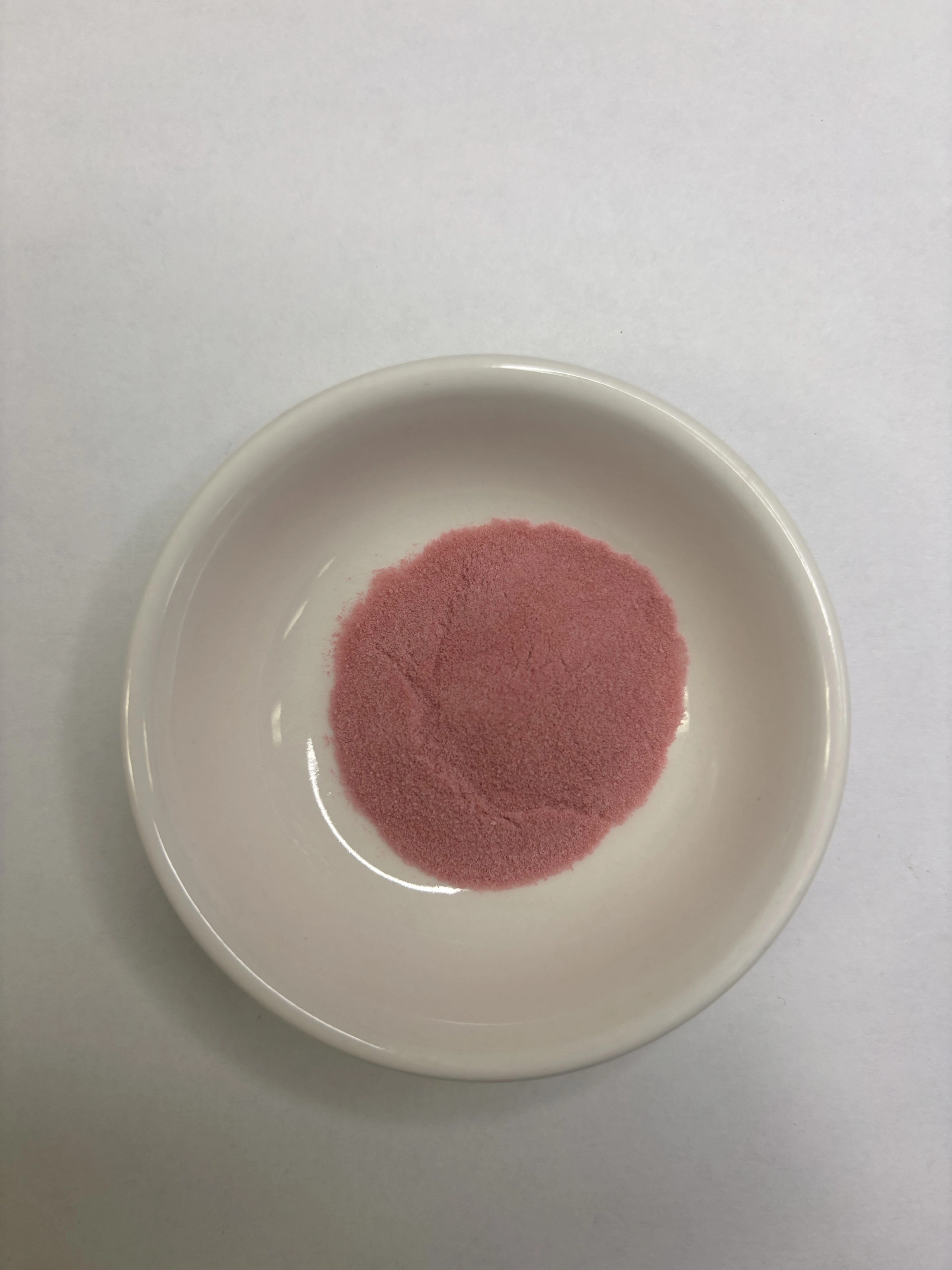




| Quantity | Price | Save |
|---|---|---|
| XXXXX | XXXXX | 5.00% |
| XXXXX | XXXXX | 10.00% |
| XXXXX | XXXXX | 15.00% |
Want high volume of this product? Please place your Bid.
You can view and download product documents, access detailed product information, place orders, request samples, chat with our experts, and much more.
Botanical Name: Punica granatum
Plant Part Used: Fruits
Processing Method: Spray Drying, Grinding
Pomegranates belong to the family Punicaceae. They are rich in essential nutrients and a good source of Vitamin C, as well as providing Vitamins B9 and K, along with minerals like iron, potassium, and calcium. Historically, pomegranates have been valued for their numerous health benefits.
| Product Category: | Organics |
| Product Sub Category: | Herbs-Spices-Seasonings |
| Product Mix Category: | Organic RM powders |
| Main Producing Countries | India, Turkey, Iran, United States and China |